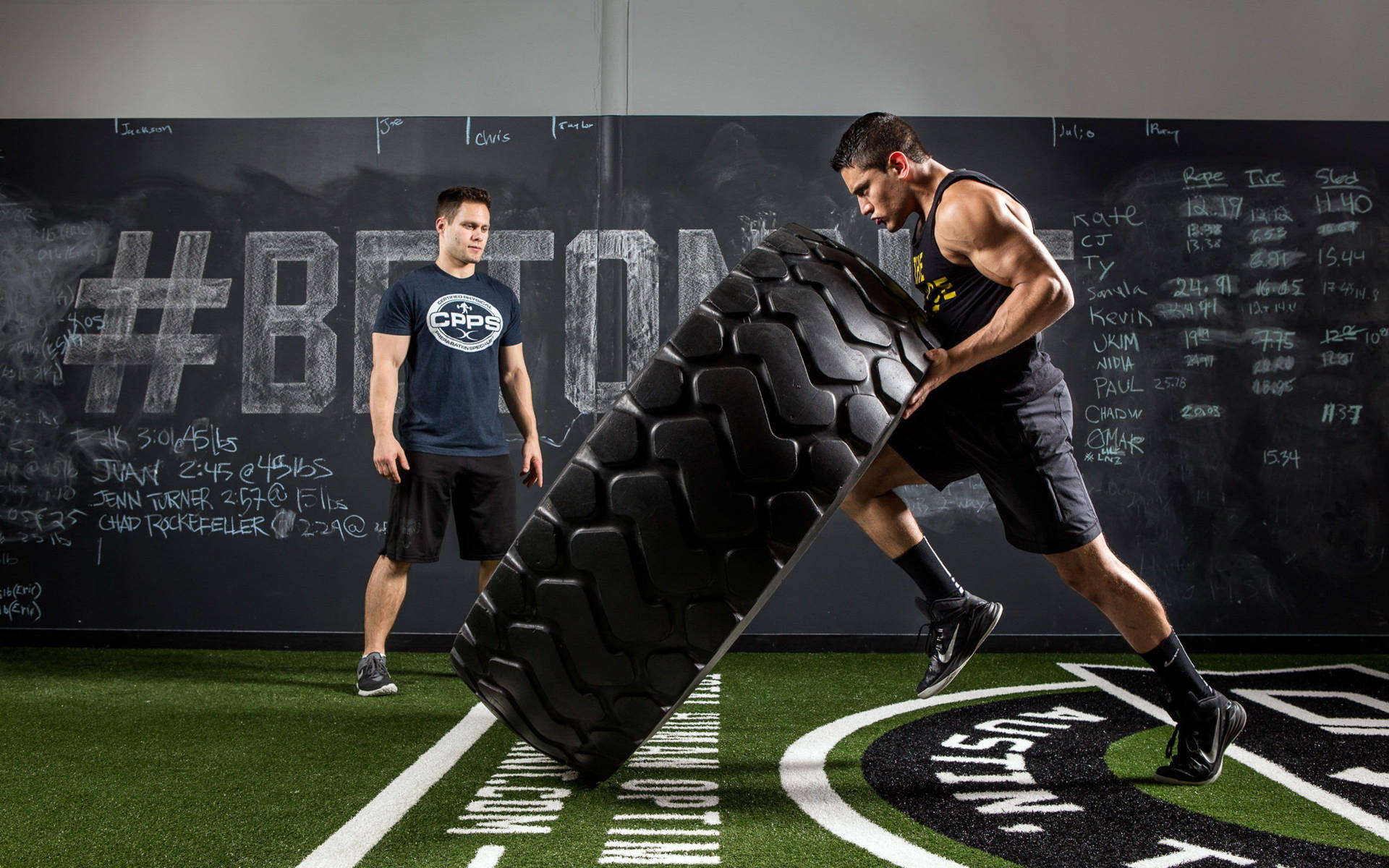Unveiling the Secrets to Sustainable Fitness Goals
Fitness is not just about achieving short-term results; it’s about cultivating a lifestyle that sustains vitality and well-being over time. Many embark on fitness journeys with grand ambitions but find it challenging to maintain their progress. The secret to success lies in understanding and implementing sustainable fitness goals.
Introduction to Sustainable Fitness Goals
To truly comprehend sustainable fitness goals, it’s crucial to define what “sustainable” means in this context. Sustainable fitness involves practices and habits that can be maintained over the long haul without causing burnout, injuries, or emotional fatigue. Setting sustainable goals in fitness revolves around making gradual, consistent progress while ensuring overall health and well-being.

Understanding the Components of Sustainable Fitness
Balancing Exercise and Rest
One of the keys to sustainable fitness lies in finding the equilibrium between physical activity and adequate rest. Overtraining can lead to injuries and exhaustion, hindering long-term progress. Conversely, ample rest and recovery periods are essential for muscle repair and overall rejuvenation.
Nutrition for Sustained Energy
Sustainable fitness isn’t just about workouts; it heavily relies on nutrition. Fueling the body with balanced and nourishing meals ensures sustained energy levels for workouts and daily activities. A diet rich in whole foods, proteins, healthy fats, and carbohydrates supports endurance and recovery.

Mental Wellness in Fitness Goals
The mental aspect of fitness often gets overlooked. Maintaining a positive mindset, managing stress, and practicing mindfulness play a pivotal role in sustaining fitness goals. A healthy mind supports consistency and resilience in the face of challenges.
Creating a Realistic Fitness Plan
Setting Achievable Milestones
Breaking down long-term goals into smaller, attainable milestones provides a sense of accomplishment and motivates further progress. These milestones act as stepping stones, making the larger goal less daunting and more achievable.
Tailoring Workouts and Diets to Individual Needs
Every person is different, and so are their fitness requirements. Tailoring workouts and dietary plans to individual needs ensures that the approach is sustainable and enjoyable, preventing burnout or monotony.
Incorporating Variety for Long-term Commitment
Introducing variety in workouts not only keeps things interesting but also challenges the body differently, preventing adaptation and plateauing. Trying new exercises or activities keeps the motivation alive and the body responsive.
Maintaining Consistency
Building Habits for Lasting Results
Consistency is the backbone of sustainable fitness. Building habits, whether it’s daily workouts, meal prepping, or prioritizing sleep, ingrains these practices into one’s lifestyle, ensuring long-term results.
Overcoming Setbacks and Plateaus
Setbacks are a natural part of any fitness journey. Learning to navigate these setbacks and push through plateaus is crucial for maintaining motivation and progress. It’s about resilience and adaptability.
Importance of Tracking Progress
Tracking progress, whether it’s through measurements, photos, or keeping a journal, provides a tangible way to see how far one has come. It also helps in making necessary adjustments to the fitness plan.

The Role of Support Systems
Utilizing Community and Accountability
Having a supportive community or an accountability partner significantly boosts motivation and commitment. Sharing experiences, challenges, and successes with others fosters a sense of belonging and encouragement.
Seeking Professional Guidance
Consulting fitness professionals, nutritionists, or therapists can provide valuable guidance and personalized strategies, ensuring a more structured and effective approach towards sustainable fitness goals.
Adapting to Changes
Flexibility in Goals and Approaches
Life is dynamic, and so are our circumstances. Being flexible and open to adapting goals and approaches to suit changing situations is crucial for long-term sustainability.
Embracing Lifestyle Changes for Sustainability
Sustainable fitness isn’t just a temporary phase; it’s about embracing a lifestyle that supports well-being. Incorporating healthy habits into daily routines ensures that fitness becomes an integral part of life.
Celebrating Milestones and Progress

Importance of Acknowledging Achievements
Celebrating milestones, no matter how small, reinforces positive behavior and motivates further progress. It’s essential to acknowledge the effort and dedication put into the journey.
Embarking on a fitness journey is more than just aiming for physical changes; it’s about cultivating habits and practices that promote overall well-being. By understanding and implementing sustainable fitness goals through balanced approaches, tailored plans, consistency, support systems, adaptability, and celebrating progress, individuals can achieve lasting results while embracing a fulfilling lifestyle.
Unique FAQs
- How long does it take to see results with sustainable fitness goals?Results vary for each individual, but typically, sustainable changes become noticeable within a few weeks to a couple of months, depending on consistency and adherence to the plan.
- Can I indulge in occasional treats and still maintain sustainable fitness goals?Yes, moderation is key. Allowing occasional treats can be a part of a sustainable lifestyle as long as they don’t derail overall progress.
- Is it necessary to follow a strict diet to achieve sustainable fitness?Not necessarily. It’s more about balanced nutrition and making healthier choices rather than extreme diets. Customizing a diet that suits your needs and is sustainable for the long term is more effective.
- How important is rest in a sustainable fitness routine?Rest is crucial for recovery and overall well-being. It allows the body to repair and adapt, preventing burnout and injuries, making it an essential component of sustainable fitness.
- What if I struggle to stay consistent with my fitness plan?Consistency can be challenging, but it’s about finding what works for you. Experiment with different strategies, seek support, and remember that small steps forward still count as progress.











